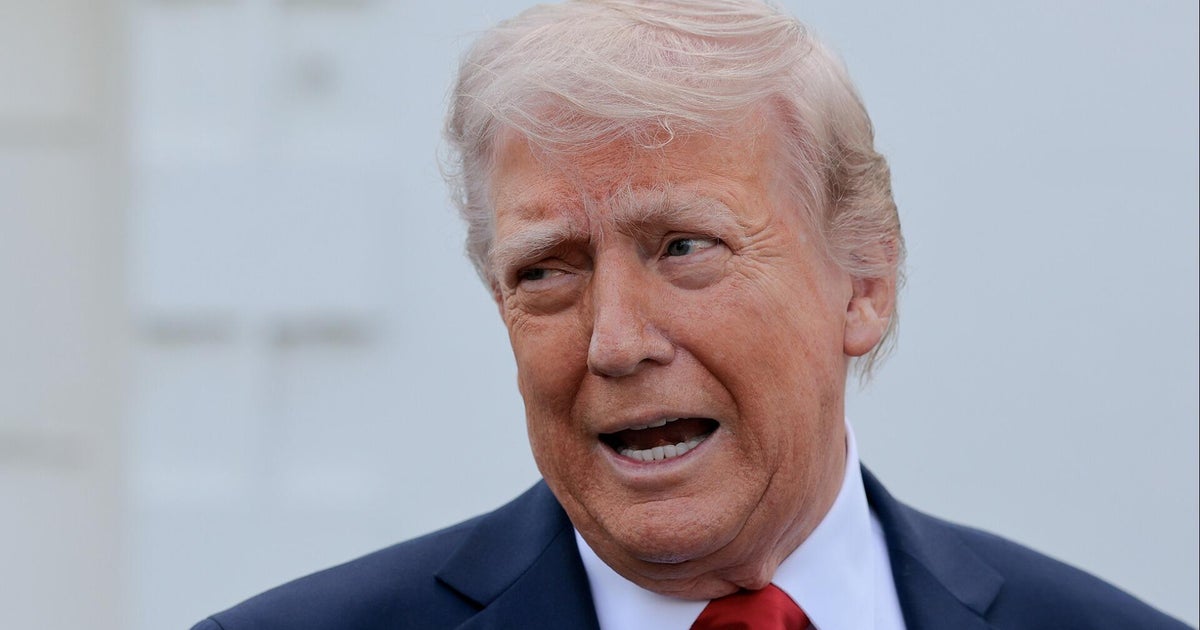The ongoing tech rivalry between the U.S. and global powers like China, Russia, and Iran is set to escalate, with the Biden administration preparing a bold embargo on critical technology exports to these nations. This move, targeting some of the most innovative sectors in modern tech, could have profound implications, particularly for semiconductor giants like Nvidia, which could face significant losses.
A Bold and Aggressive Tech Embargo
The sanctions in question are designed to cut off access to essential Western technologies for countries the U.S. considers adversaries. At the heart of the embargo are two critical pillars: lithography equipment used in semiconductor manufacturing and advanced AI chips that power artificial intelligence innovations.
To date, existing restrictions have already made a substantial impact on some of the largest players in these industries. Companies like ASML, Tokyo Electron, and Canon have been prohibited from selling high-end lithography tools to Chinese companies, which are crucial for semiconductor fabrication. Similarly, industry-leading chipmakers such as Nvidia, Intel, and AMD have been forced to scale back or pull their most advanced products from the Chinese market.
This embargo represents a dramatic escalation in the growing global tech rivalry, highlighting the increasing divide between Western and Chinese technological ecosystems. What started as isolated restrictions is now shaping up to be a long-term geopolitical struggle for dominance in the tech world.
The Stakes for Nvidia
Of all the companies potentially affected, Nvidia stands to lose the most. With China being one of Nvidia’s largest markets, the country’s massive demand for high-performance chips has fueled a significant portion of the company’s growth. A loss of access to this market would be a severe blow, not only to Nvidia’s immediate revenue but also to its future prospects in AI hardware—a sector that Nvidia has heavily invested in and helped drive forward.
Nvidia’s CEO, Jensen Huang, has voiced serious concerns about the long-term impact of these sanctions. He argues that isolating China from Western tech will not halt its progress but instead spur China to invest heavily in its own tech infrastructure. “Eventually, everyone loses,” Huang says, a sentiment shared by many within the industry. The fear is that, in attempting to limit China’s technological advancements, the U.S. may ultimately harm its own companies by pushing them out of key markets and accelerating the development of China’s domestic technologies.
In response to previous restrictions, Nvidia had taken steps to maintain its foothold in China, creating scaled-down versions of its flagship AI chips—namely, the A800 and H800. These modifications allowed Nvidia to comply with U.S. regulations while maintaining some market presence. However, the new sanctions, expected to come into effect soon, threaten to close that loophole, further complicating Nvidia’s operations in China.
New Sanctions on the Horizon
The latest round of sanctions from the Biden administration, set to take effect in November 2025, brings even stricter criteria for banning technology exports. The new rules will no longer simply focus on data transfer capabilities; they will target performance thresholds—effectively barring Nvidia’s modified A800 and H800 chips from entering restricted markets.
The embargo will also expand restrictions on lithography equipment, which is crucial for semiconductor production. This move could have severe implications for Chinese companies like Biren and Moore Threads, who have so far managed to sidestep the worst of the previous sanctions. These companies rely heavily on the advanced equipment from the West to manufacture their chips, and without access to such technology, their ability to compete could be severely compromised.
A Double-Edged Sword for Global Innovation
While the U.S. aims to limit the technological advancements of its rivals, these sanctions could backfire in unexpected ways. China, in particular, has already begun to invest heavily in building its own semiconductor and AI hardware ecosystem. This effort, though costly and time-consuming, could lead to greater self-reliance in the future.
For U.S.-based companies like Nvidia, this presents a difficult paradox. On the one hand, complying with the sanctions is non-negotiable, but on the other, cutting off access to a major market could hurt their competitive edge over time. With China ramping up its own technological capabilities, the challenge for Nvidia and other companies is finding a balance between compliance and global competitiveness.
The Future of the Global Tech Landscape
This escalating tech embargo marks a significant shift in the U.S.-China tech rivalry, with global ramifications for innovation, supply chains, and economic growth. While the sanctions may limit access to Western AI chips and lithography equipment in restricted markets, they are likely to spur new technological solutions and partnerships within these regions. Countries like China will look to develop alternatives to these technologies, accelerating their domestic tech ecosystems.
For Nvidia and other tech giants, navigating this increasingly fragmented landscape will be critical. As these sanctions unfold, it will be interesting to see how companies, countries, and industries adapt to a rapidly changing tech frontier. The ability to maintain global reach while complying with complex regulations will define the future success of companies like Nvidia as they attempt to balance competing priorities in an increasingly polarized world.


